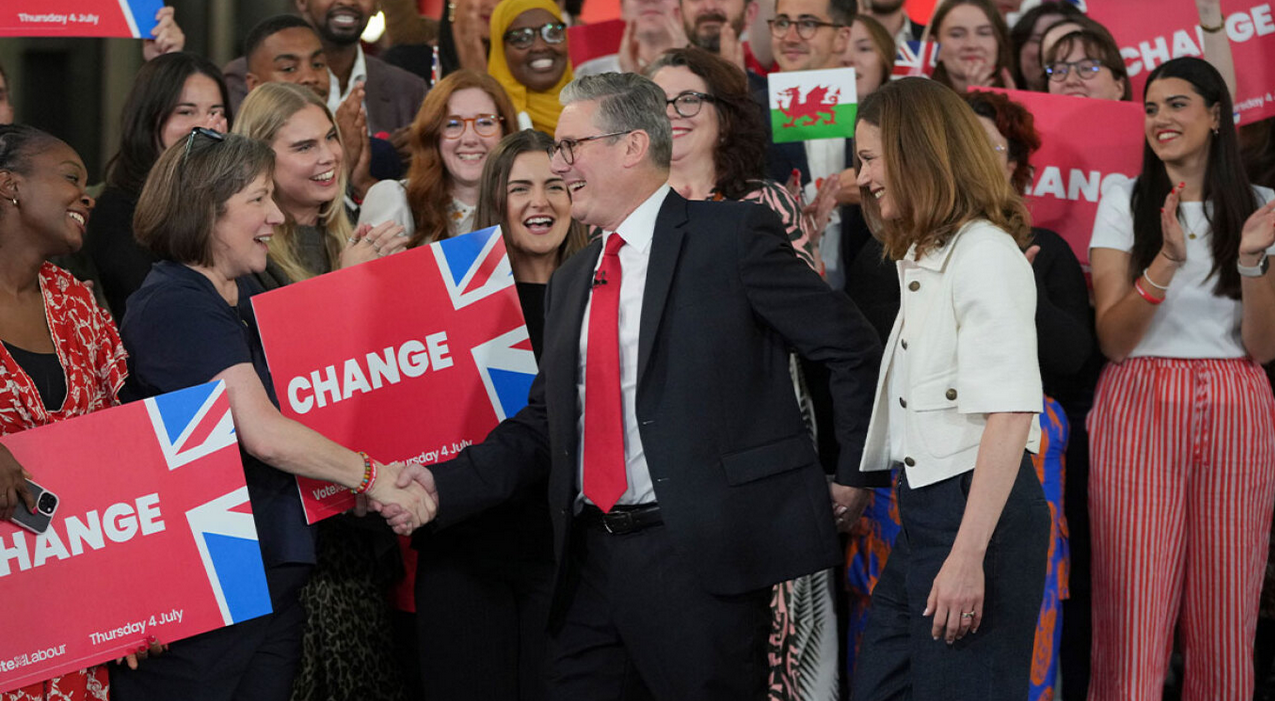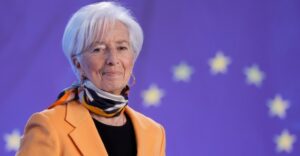A victory for Sir Keir Starmer’s party, in the British snap elections.
Specifically, Starmer’s Labour Party takes 410 seats (out of the total 650 seats in parliament), followed by Sunak’s Conservatives with 131 seats, the lowest number in their post-war history.
The Liberal Democrats come third with 61 MPs. The Scottish National Party will see its number of MPs fall to 10, and Nigel Farage’s Reform Party received 13 MPs.
The Green Party of England and Wales is projected to double its number of MPs to two, and Plaid Cymru will receive 4 MPs. The remaining seats are projected to be 19.
Polls showed a landslide victory for Labour, led by Keir Starmer, possibly even greater than Tony Blair’s in 1997. However, these elections did not generate much excitement and did not resemble the euphoria that marked the beginning of Blair’s term.
After five Conservative prime ministers, Brexit, austerity, the purchasing power crisis, and the deterioration of the public health system, the British wanted to express their dissatisfaction at the polls and turn the page on the Conservatives. The Tories had only one ambition in the final days of the campaign: to limit the scale of their defeat.
“You have 4 hours to prevent a Labour supermajority that will cause a tax increase for the rest of your life,” Conservative Prime Minister Rishi Sunak said earlier on Thursday.
Labour’s Keir Starmer, a 61-year-old former lawyer, is therefore expected to receive the mandate to form a government from King Charles III on Friday.
Ask me anything
Explore related questions





